What to Look for if Your Fireplace Isn’t Working
So, you’re all set to put your fireplace to use, but something is off. Whether there’s a slight issue you can’t quite pinpoint or something big and obvious, you’re not getting the experience you’re hoping for and you want to find solutions fast. But where do you start?
Well, here at Lords Chimney, we know that the more educated homeowners are, the safer they’ll be able to operate their appliances. That’s why we’re here to give you the lowdown on what to look out for in both gas-fueled and wood-burning fireplaces and appliances.
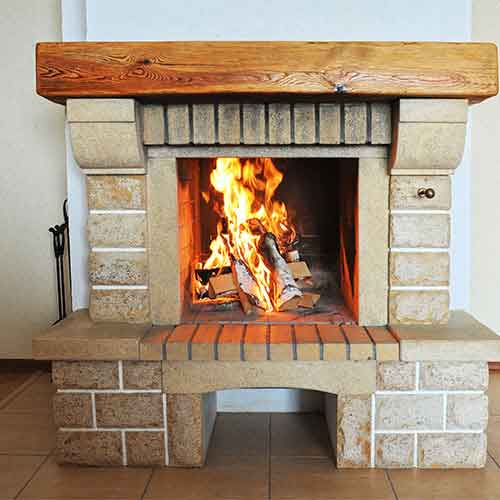
For Your Gas Appliances
When it comes to operating a gas appliance, one thing we urge all of our customers to do is trust their senses. Your nose, for example, is more sensitive than you might think – if something smells off, it’s likely you have some type of gas leak.
Another indicator is burning eyes or even the “feeling” of something being off. In other words, trust your spidey senses! If your stomach is upset, your head hearts, you’re feeling dizzy, or something else along those lines and you have nothing to blame it on, there could be carbon monoxide in your home.
Now, in the case of a carbon monoxide leak, the biggest warning sign is your carbon monoxide detector going off. Don’t have a carbon monoxide detector? Then it’s time to invest in one! It could make all the difference in keeping you and your loved ones safer.
If your detectors do start beeping, it’s important to leave the area immediately and call the appropriate authorities for assistance. Carbon monoxide causes hundreds of deaths every single year, so this is one substance you can never be too careful with.
Another thing to keep in mind when working with gas appliances is to check your batteries. Believe it or not, some homeowners call in a sweep to check on an appliance that’s not working only to discover the batteries were in backwards.
If your carbon monoxide detectors aren’t going off and your batteries look good, but problems are still occurring, it’s time to call us in for an inspection. Most gas appliances are designed to automatically shut down when your safety may be threatened. The unit could be overheating, not venting correctly or maybe the oxygen levels are off.
And in some cases, it’s the safety feature itself that isn’t working. Regardless, the entire system will need to be checked out, so a visit from our team is always a great first step.
For Your Wood-Burning Fireplace
When it comes to a wood-burning fireplace, a common sign that something is off is smoke in your living space. Now, in many cases you’ll actually see the smoke entering, but sometimes you’ll smell it without seeing any in your home. Many love that classic smoke-y smell and think it’s normal, but it actually shouldn’t be present. If you smell smoke at all, something is wrong, and it’s time to call in the experts
What does smoke in your space typically indicate? Well, there are a number of things that cause this. You could have excess creosote build-up, clogs in your flue, incorrect chimney dimensions, poor draft or air flow, a stuck damper, or some type of masonry damage. Fortunately, our team has the tools and training to spot and resolve the issues in no time.
It’s also important to keep an eye on your masonry. If it’s showing any signs of cracking or crumbling, then there’s likely water damage. Ignoring water damage leads to inefficiency and costly repairs, and it can even trigger a house fire, gas leak, or chimney fire if too much damage is done.
We have preventive services that can help, including waterproofing, flashing installation, crown repair, and more.
When Will My Fireplace Need Replacing?
Sometimes repair work simply isn’t an option if the damage is too extensive or if your system is too old. So, how do you know when it’s time to invest in a new unit altogether? Well, our team can help with that, too.
The fact of the matter is that if you know how your chimney is supposed to work, then you’ll know when it’s time for repairs or replacement parts. Lords Chimney can help you gain the necessary knowledge to know when it’s time to hire someone for professional care. We’re happy to keep homeowners as informed and as educated as possible.
One thing is for certain – you don’t want to wait until the system completely fails before investing in care from a certified sweep. This is when major accidents happen, and you could end up putting your home and family at risk.
In the end, it’s important to remember that fireplaces, stoves, inserts, and the like are all appliances that will eventually need to be replaced. Fireplaces are known for their longevity, so it’s easy to forget that. Yet, if you buy a home that’s decades old with the original unit still installed, just know that you might be replacing it sooner than you think.
Basically, when we come to look at your system, anything over 20 years old will get a bid for replacement. This will give you an approximate estimate as far as when a new system will be in order so that you can start planning for it (and saving up).
If we take a look and realize that you need something new right away, it’s important that you stop using your appliance until a new one is installed. If a new one isn’t in the budget, shut your fireplace down until it is. Your safety and satisfaction depend on it!
Pick Up the Phone & Reach Out Today
Regular maintenance is vital for good chimney health, so if you have yet to schedule your annual inspection then it’s time to reach out to the Lords Chimney team today at 281-497-4000 or you contact us online! We look forward to helping you out soon!

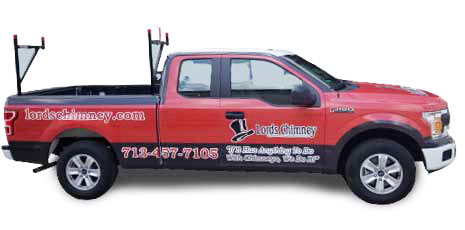
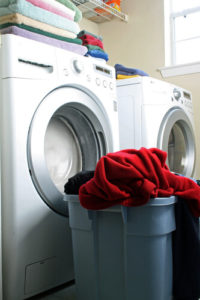
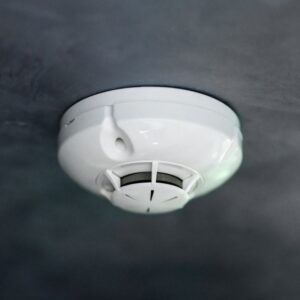 Carbon monoxide is a colorless, odorless, tasteless, and extremely toxic gas that is produced by burning fuels. Carbon monoxide is often called the “silent killer” because due to its properties, it is impossible to detect without specific equipment.
Carbon monoxide is a colorless, odorless, tasteless, and extremely toxic gas that is produced by burning fuels. Carbon monoxide is often called the “silent killer” because due to its properties, it is impossible to detect without specific equipment.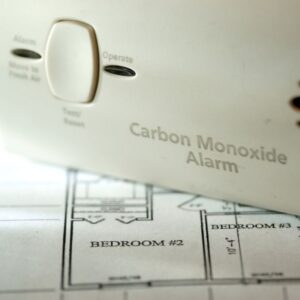 Have your fireplace and chimney cleaned and inspected by a reputable chimney company like Lords Chimney every year.
Have your fireplace and chimney cleaned and inspected by a reputable chimney company like Lords Chimney every year.